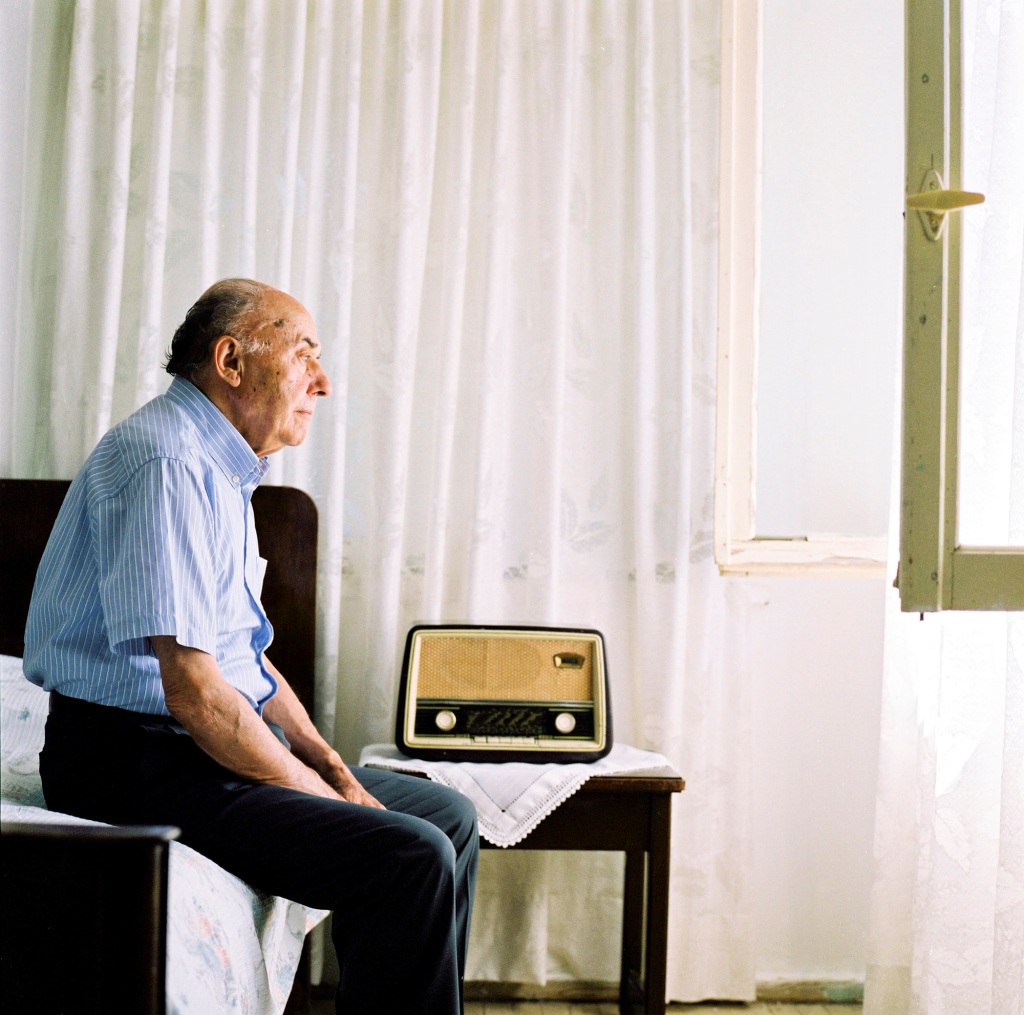How your favorite music could help slow down dementia
“Music is a world within itself/With a language we all understand.” So famously sang Stevie Wonder on his 1977 classic “Sir Duke.”
And a new study reveals that music is helping to foster nonverbal communication for dementia patients. The study — recently published in the journal Alzheimer Disease and Associated Disorders — examines how a program called Musical Bridges to Memory has been helping these patients connect with their loved ones after they have lost the ability to communicate verbally.
In the program, which was developed by the nonprofit Institute for Therapy Through the Arts, a live ensemble plays music. The idea is for the music to spur interaction between the patient and their caregiver by singing, dancing or playing simple instruments. Even as dementia progressively takes its toll on the mind and its memories, it doesn’t affect the ability to enjoy music until much further in the course of the disease.
“They can process music, they can get it, they receive it, they respond to it, they can dance with it, they can play with it, they can sing along with it,” Dr. Borna Bonakdarpour, associate professor of neurology at Northwestern University Feinberg School of Medicine, told US News & World Report. “These are components that are pretty much intact, which is amazing.”
In gathering research for the study, Bonakdarpour and his team got 21 patients and their caregivers to engage in the Musical Bridges to Memory program once a week over three months. They were videotaped 10 minutes before and 10 minutes after each 45-minute session to gauge how the music affected them. Researchers found that nonverbal communication significantly increased for those who took part in the program.
The Alzheimer’s Association has recognized music therapy as a way to treat dementia without using drugs.

“You’re accessing different parts of the brain that may not be affected by the disease’s symptoms,” Sam Fazio, senior director for quality care and psychosocial research for the Alzheimer’s Association, told US News & World Report. “Sometimes when people can no longer express themselves in words, they can still express themselves with lyrics of a song or feel the melody.”
And having an alternative to drug therapy in managing the disease’s symptoms is music to Bonakdarpour’s ears.
“For some of these psychiatric issues of people with dementia, we don’t have great drugs,” he said. “When we’re really desperate, we have to use some drugs that have side effects. Some of them can really affect the heart. It can even shorten people’s lives. And if you can avoid using these toxic medications, wouldn’t that be great?”
Read the full article Here


